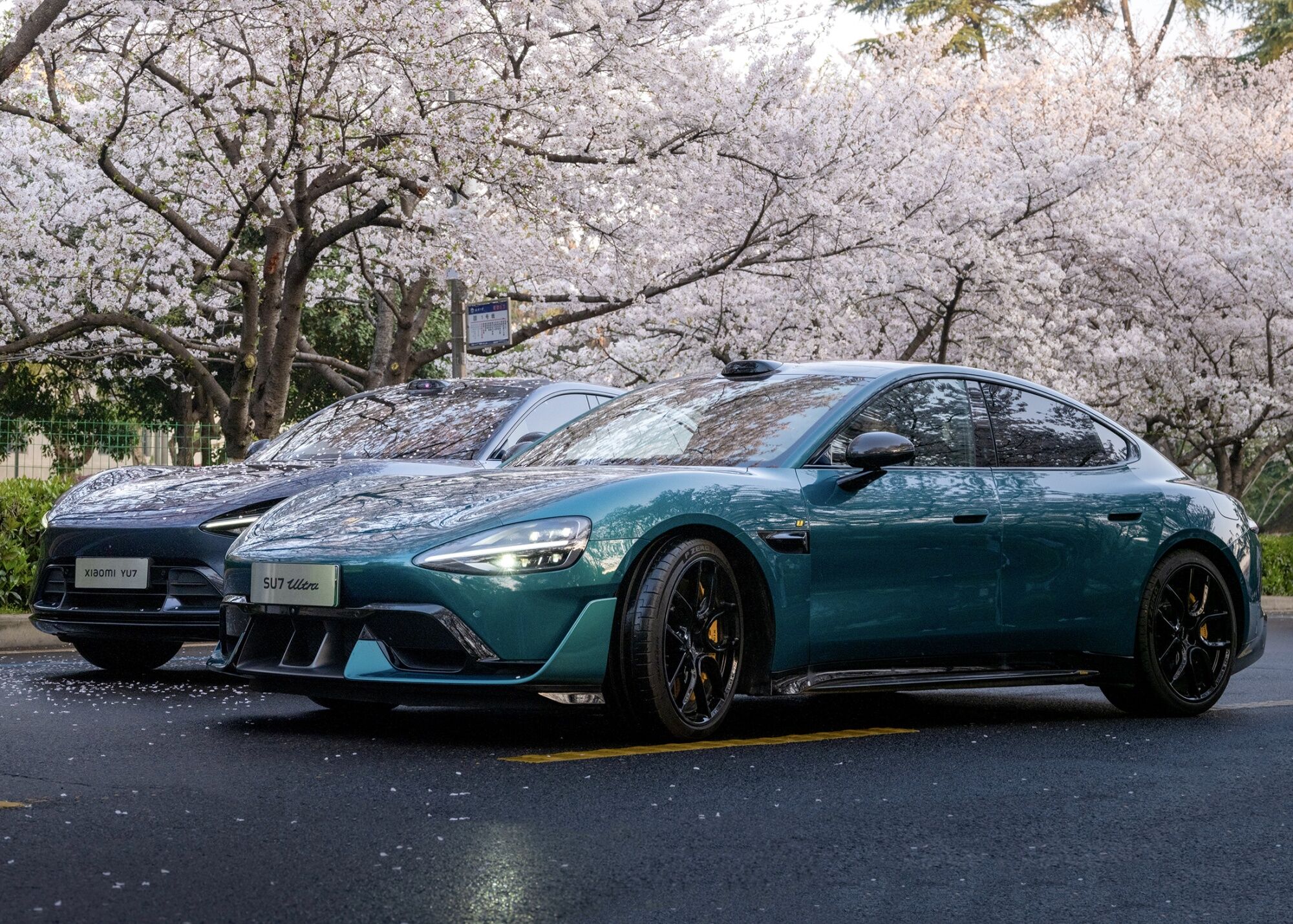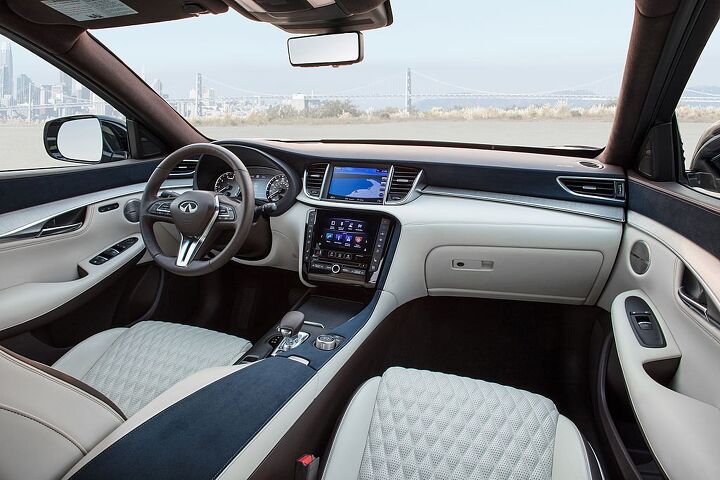() — Xiaomi Corp. pushed back the debut of its first sport utility vehicle following a fatal accident involving its marquee electric car, a blow to its ambitions to put pressure on Tesla Inc. and BYD Co.
The Chinese company will not start selling the YU7 electric SUV in June or July, its original target, and a new launch date has not been confirmed, according to people familiar with the matter. It also scrapped an unveiling of the YU7 at this week’s Shanghai auto show, they said, asking not to be identified discussing internal planning.
The Beijing-based electronics giant also rescheduled its annual investor day to June from late April, a person familiar with the matter said.
The delay sets back Xiaomi’s $10 billion EV project, which billionaire co-founder and Chairman Lei Jun has described as his last startup endeavor. The company has released just one EV model and an expansion into SUVs would bolster its effort to go after more established rivals such as Tesla and BYD in the world’s largest car market.
Xiaomi representatives didn’t respond to requests for comment. In a posting on Weibo on Wednesday after ’s report was published, the company said the timeline for YU7’s release remains unchanged and is still set for June or July.
The police are
investigating
a March 29 accident in Anhui, eastern China, in which three women traveling in a Xiaomi SU7 sedan died after the car — which had the autopilot function turned on — crashed into concrete fencing and caught on fire on an expressway.
The high-profile case sparked online debate about the model’s assisted-driving, battery and safety technologies. The industry regulator has
summoned
at least a dozen automakers to set tighter rules around the capabilities of their autonomous-driving systems.
“The problem with the way self-driving features have been sold is it’s caused people to think that they can be less attentive to the way the car is actually performing,” Bill Russo, chief executive officer of Automobility Ltd., a Shanghai-based consultancy, said at the Shanghai auto show on Wednesday.
“You still need to monitor the car. I think that’s what we’re going to hear more of — regulators trying to step in to make sure we’re not calling it autopilot or full self-driving.”
Investors are betting on EVs to drive Xiaomi’s business, with China’s smartphone market suffering from fierce competition and sluggish growth. In March, Xiaomi hiked its 2025 delivery target
350,000 EVs
after posting its fastest revenue growth since 2021.
Shares of Xiaomi have declined more than 20% since mid-March in Hong Kong as investors are growing concerned about the prospects of its EV efforts.
–With assistance from Jessica Sui, Phoebe Sedgman and Stephen Engle.
(Updates with industry executive comment in 8th paragraph.)
Most Read from
-
Trump Gives New York ‘One Last Chance’ to End Congestion Fee
-
DOGE Visits National Gallery of Art to Discuss Museum’s Legal Status
-
The Racial Wealth Gap Is Not Just About Money
-
Backyard Micro-Flats Aim to Ease South Africa’s Housing Crisis
-
A Car Guy Makes a Left Turn
©2025 L.P.


